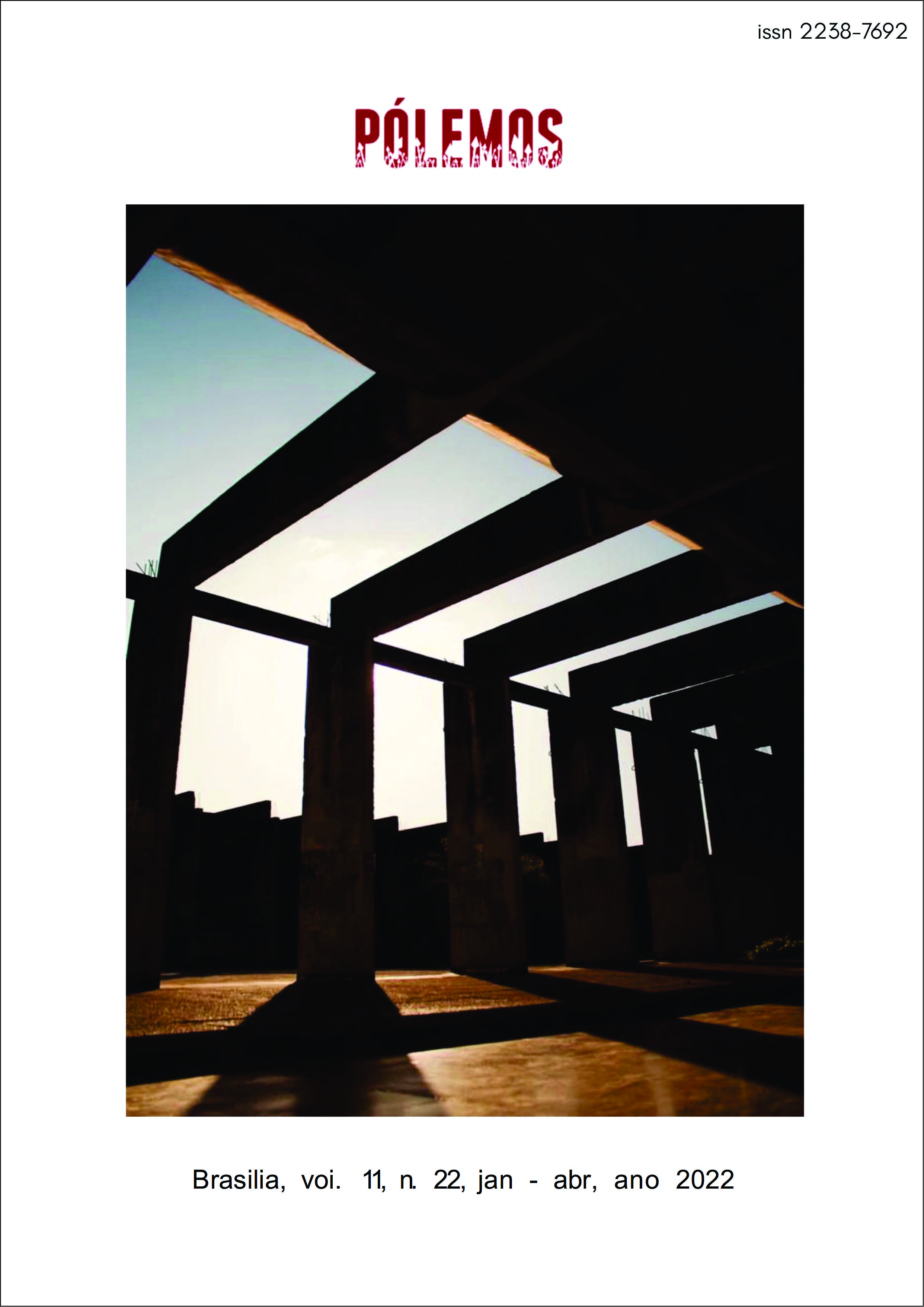SUFFERINF IN FRANCE
a psycho-sociological analysis of labor relations in neoliberalism
DOI:
https://doi.org/10.26512/pl.v11i22.41759Keywords:
Suffering. Work. Trivialization. Unemployment. Déjours.Abstract
In this review, we deal with the book "Suffering in France", by Cristophe Déjours. Although it has not become a classic in philosophy, we justify the interest in this work for two reasons: 1) it proposes a cross between medical sciences and humanities, more specifically between the psi sciences and sociology, thus introducing in a field of interdisciplinary research. It presents the issue of unemployment from a new angle: the data collection of patients treated by Déjours, showing the psychic impact of the issue of work; 2) its relevance to research in philosophy, since it promotes a reinterpretation of the concept of "banalization of evil" of Hanna Arendt, based on the contemporary experience of neoliberalism, as well as presenting popular mobilization and feminist change as two possible routes to alleviate the psychic suffering produced by working conditions today.
Downloads
References
DÉJOURS, Christophe. Souffrance en France: la banalisation de l’injustice sociale. Paris: Seuil, 1998.
ROLO, Duarte. Histoire et actualité du concept de souffrance éthique. Travailler, n°37, 2017. P 253-281.
LORIOL, Marc. La souffrance au travail. Construction de la catégorie et mise en forme de l’expérience. Pensée plurielle, n°38, 2015. P. 23-33.
DURAND, Jean-Pierre. Combien y a-t-il de souffrance au travail? Elsevier Science, nº42, v.2, 2000. P.313-322.
Downloads
Published
How to Cite
Issue
Section
License
Copyright (c) 2022 PÓLEMOS – Revista de Estudantes de Filosofia da Universidade de Brasília

This work is licensed under a Creative Commons Attribution-NonCommercial-NoDerivatives 4.0 International License.
Todos os trabalhos que forem aceitos para publicação, após o devido processo avaliativo, serão publicados sob uma licença Creative Commons, na modalidade Attribution-NonCommercial-NoDerivatives 4.0 International Public License (CC BY-NC-ND 4.0). Esta licença permite que qualquer pessoa copie e distribua a obra total e derivadas criadas a partir dela, desde que seja dado crédito (atribuição) ao autor / Ã autora / aos autores / às autoras.


